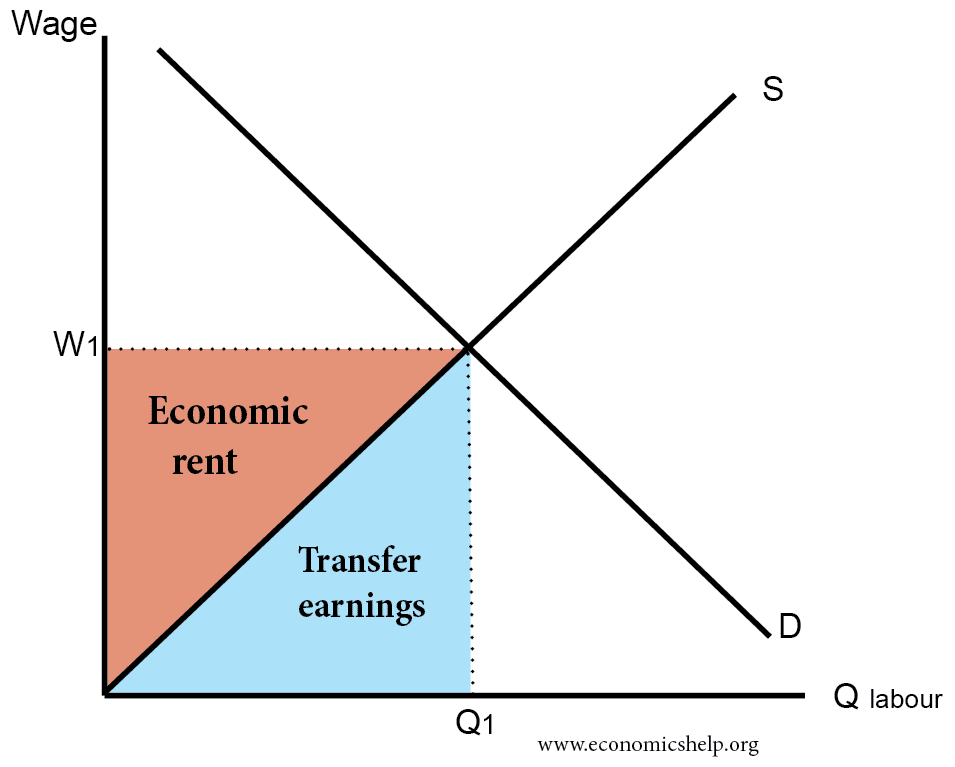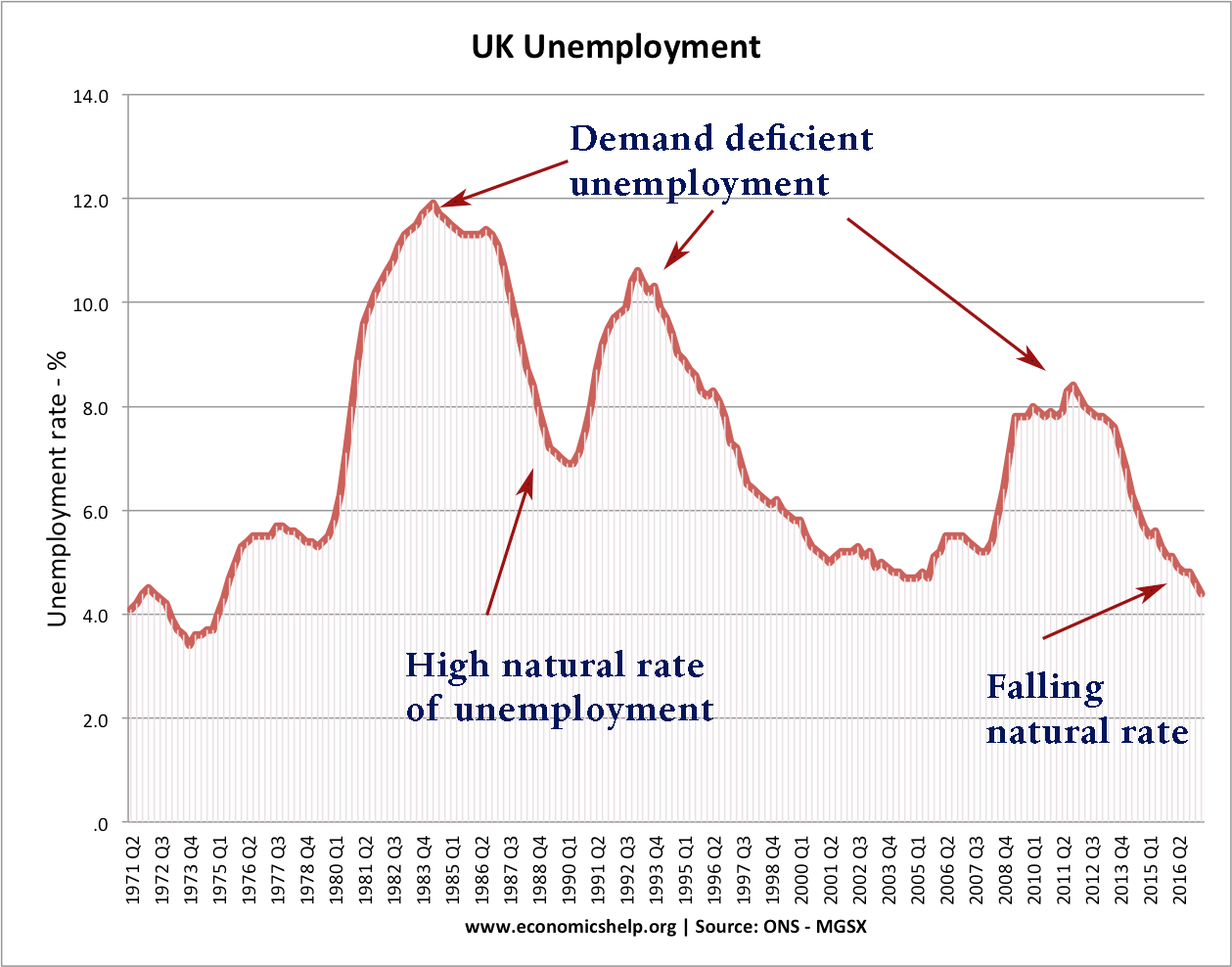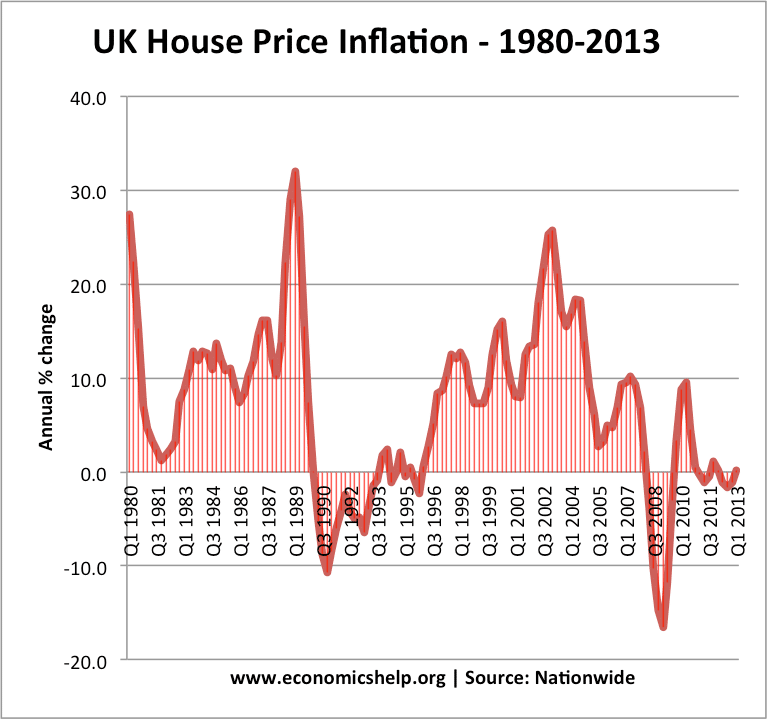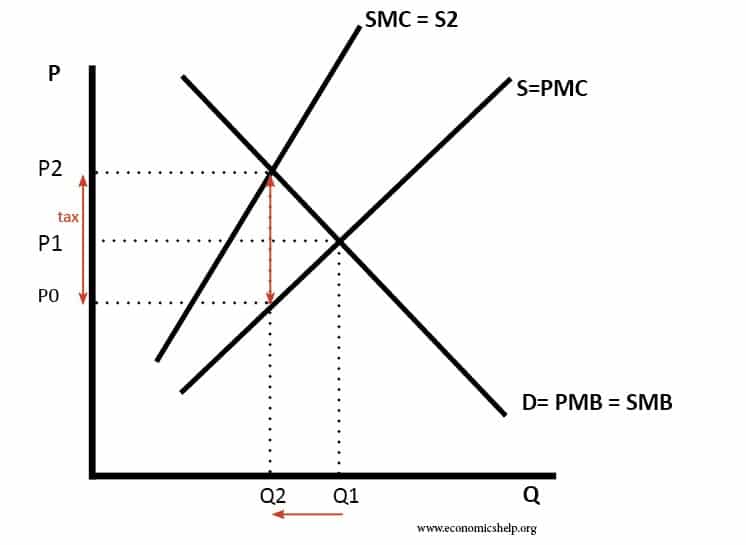Policies to Increase Labour Market Participation
Labour market participation refers to people of working age who are economically active i.e. either in work or actively looking for work. These policies could create an incentive for the economically inactive to join the labour market. 1. Increase the Minimum wage This increases the benefits of working and increases the incentive to join the …




